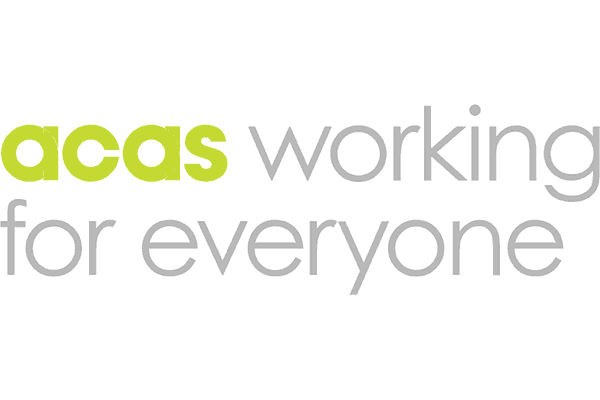The cost of conflict at work

Guest blog by Adrian Wakeling, Senior Policy Adviser at ACAS, reflecting on a new report by ACAS on workplace conflict
I am not a medical person and certainly have no expertise in podiatry. But my personal experience tells me that problems with lower limbs can have an impact on gait, and this, in turn, can have a knock-on impact on the health of the lower back. I almost sound like a medical professional now!
Something I do have expertise in is employment relations. Like the College of Podiatry (CoP), the Advisory, Conciliation and Arbitration Service (ACAS) sees itself as a preventative organisation. We believe that by getting to the root cause of problems quickly, you can make life much better for everyone down the line.
Headline findings
That’s why the new analysis we have just published is so significant. Our report, Estimating the costs of workplace conflict, reveals that conflict costs the UK £28.5 billion a year, at an average of £1,000 per employee. This includes everything from minor disagreements to legal proceedings.
Some of the lessons here are clear:
- Informal and early interventions, such as having a quiet word with your manager or HR, are relatively cheap (at £0.12 billion) – so why don’t we focus on these more?
- Resignations are extremely costly, at £11.9 billion, so why do we brush problems under the carpet or even think it’s a price worth paying?
Conflict has the greatest impact on wellbeing – with 56% of people experiencing conflict suffering stress, anxiety and/or depression as a result. The cross-over between conflict and mental health needs greater attention.
What lessons can we learn?
As a union, the CoP will know that conflict is complex and multi-faceted. Although we can eliminate a lot of conflict by investing in better training for line managers, for example, not all conflict is bad. Indeed, hearing opinions and disagreements, in all its forms, can teach and inform us about what is wrong with the way we work and treat people. Surely that has to be good?
Perhaps the overall lesson we need to learn is that we have still got some way to go to win the ‘prevention is better than cure’ argument. Hopefully, our analysis will help to convince employers that there is a critical point to intervene – ie, before you get to formal disciplinary and grievance procedures. But, as I said, this doesn’t mean that policies and procedures don’t have an important role to play. They are essential in providing a means of redress and upholding employment law. For example, many organisations have policies designed to combat bullying and harassment and promote fair treatment at work.
Another sobering thought is that conflict suppressed during the pandemic as part of the collective effort could be on the rise again. Research on the impact of the pandemic on the NHS has shown that grievances and other forms of conflict may be increasing. People will feel they have been keeping quiet about things for a while and now is a time to have a voice again. One tiny example – the rise in homeworking has been great for many but surveys have shown that it has led to an increase in musculoskeletal problems – something I am sure the CoP has picked up on.
Top tips from our analysis
Our researchers, Professor Richard Saundry (Sheffield University) and Peter Urwin (Westminster University) have highlighted three important implications for the way we manage, and learn from, conflict at work:
- Effective and early resolution works best but this needs 'conflict competence’ to be nurtured in managers – in other words, the ability to have often difficult conversations. Empathy is a critical quality
- Organisations need to work harder at repairing relationships as replacing staff is very expensive and time-consuming
- It helps to focus on learning from problems at work rather than automatically apportioning blame.
